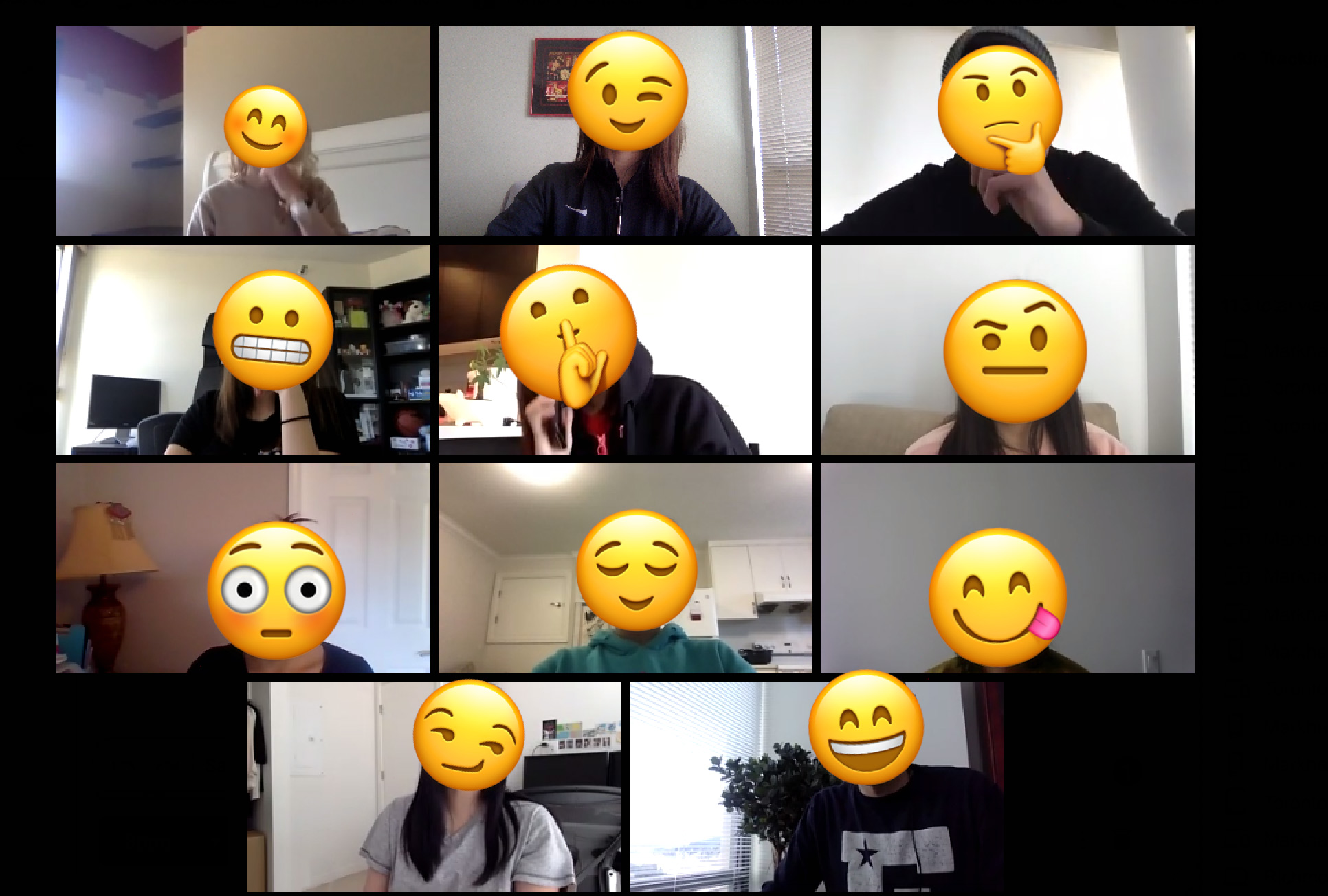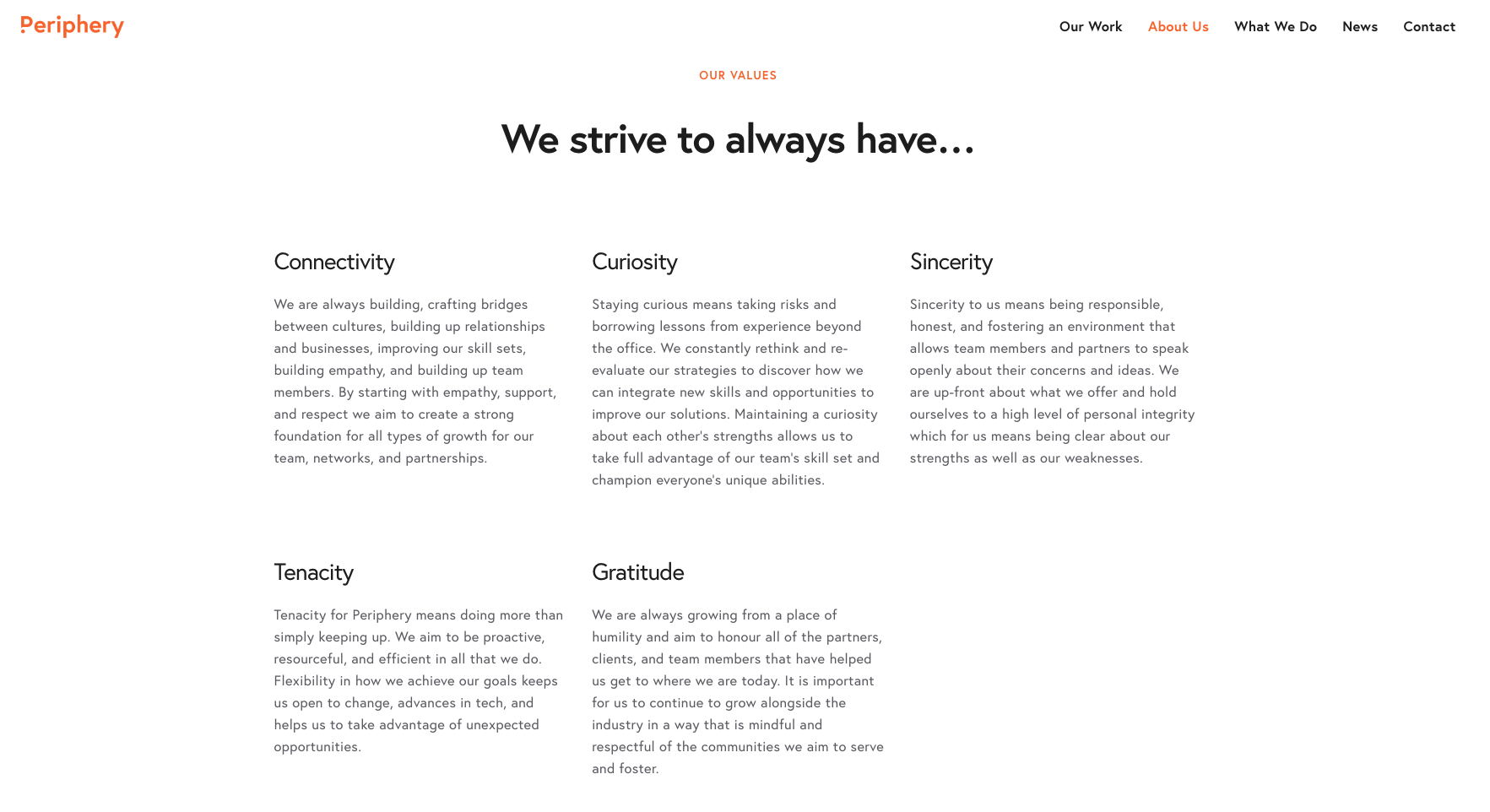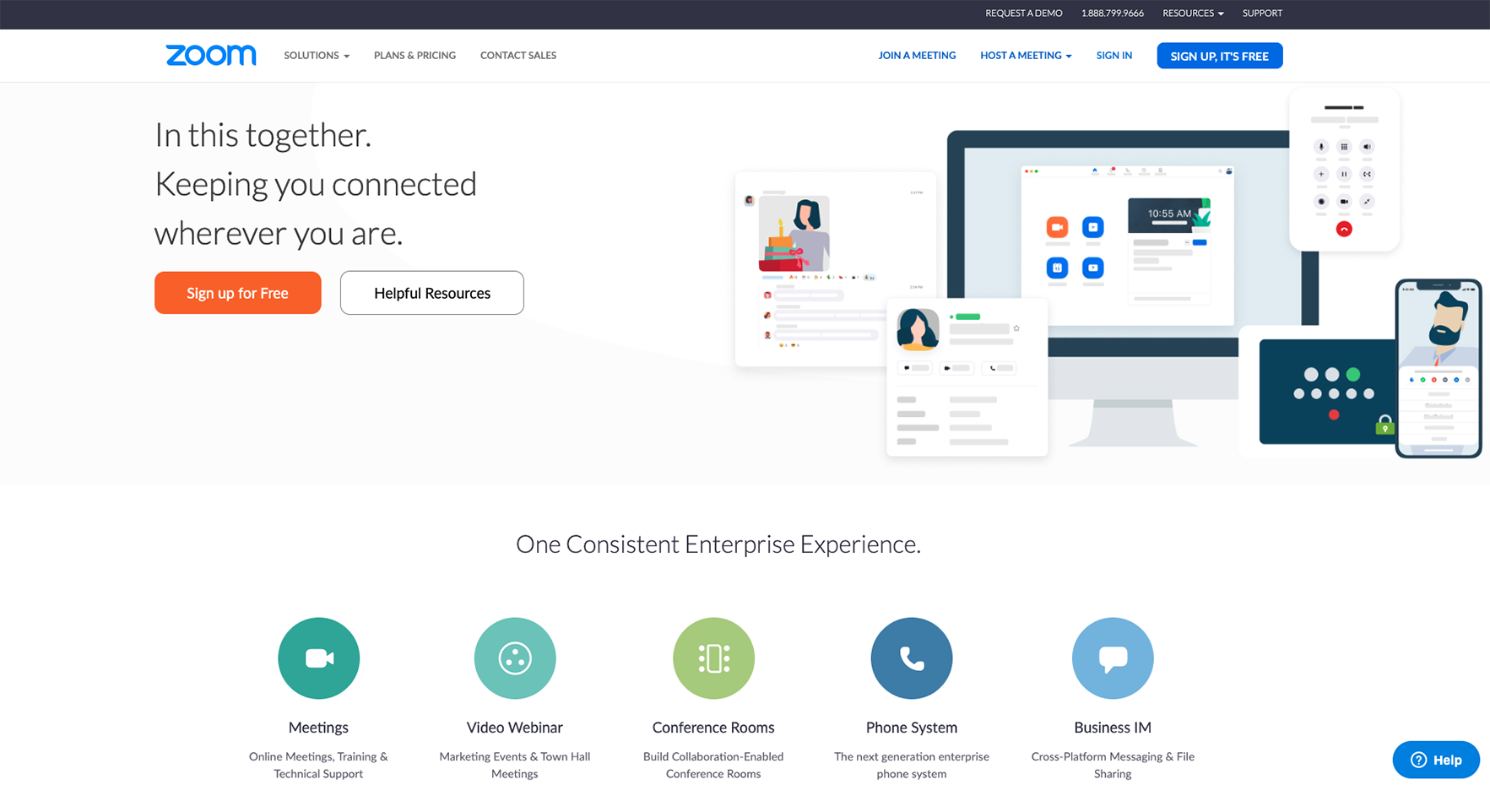This situation is obviously very serious and evolves by the day (if not the hour). Economies are on the verge of recession (the depths of which are unknown). We fear for the elderly, small businesses, and the future. COVID-19 has created a “new normal” with over 500,000 cases globally and shows no signs of slowing down.
We, at Periphery, are also part of this “new normal”. Concerned clients and stakeholders are coming to us for advice. The world has slowed down, everyone is looking for solutions, and there are very few clear answers.
The reality is this: no one is an expert on how to deal with the COVID-19 situation and there is no magic bullet here. The best we can do right now is to learn, share, and support each other.
The purpose of this piece is to share some of the best thoughts and resources we’ve seen, heard, or come up with. It’s a COVID-19-specific overview of working remotely, how to think about marketing, and practical steps forward.
We hope the people and business communities around us will find it useful.
Remote Work

Companies have a responsibility to keep employees safe. Today, that means working from home. This is the “new normal” whether companies were prepared or not. Moving forward, remote work will no longer be just for a select few. But we have to think about how remote work can terrify leaders and individual contributors alike. This is especially true for teams who are new to remote work.
Leaders ask themselves: “Will my people even work from home?” and “How will I know what they’re doing?”, among others.
Individuals consider questions such as: “how do I show I’m working hard – from home – so I don’t get fired?” and “Are there tools that can help do this?”. Generally speaking, there’s a major communication concern for all sides when working remotely for the first time.
The good news is that while COVID-19 is new (and there are no experts) remote work is common practice. Teams have been doing this for years.
4 remote work resources to get you started
- Gitlab’s Guide to All Remote and Gitlab’s Tips For Working Remote – We use these ourselves and highly recommend both.
- Ultimate Guide to Remote Work – This guide from Miro is a good overview of remote work, without the detail of the Gitlab references above.
- The Remote Sales Guide – This resource from Close CRM is especially helpful for outside salespeople.
- Product Hunt – Start here when you need a very specific digital-product. Try searching “remote work” or “time tracking” and see the results.
Marketing in a Crisis
Marketing follows the same line of thinking as remote work. Good (human) marketing is no longer just for the select few. We are all forced to focus on values, empathy, and connections. Such is true whether through ads, content, or how our people handle the phones.
How to start thinking about marketing in a crisis
Begin by going back to your company values. If you believe in generosity, for example, now is the time to lead by example and show it with your actions. People remember the companies that shared empty promises. Let’s not publically talk about the importance of support, while secretly demanding employees work unpaid overtime.
Remember: honesty is saying what you do, and integrity is doing what you say. This is every company’s chance to demonstrate both. The good news is that how you are remembered is entirely up to you and will be decided by your actions.

At Periphery, one of our values is connectivity. For example, here’s how we practice it daily:
- It starts with our people. The first task is to ensure our employees feel connected with one another.
- We host team gaming sessions, have happy hours from home, and workout together (virtually). This quality time brings us together and helps build stronger connections.
- Our clients:
- We have been reaching out early and often, to be proactive, and make sure everyone is aware of what’s going on. This includes providing extra time to consult, adjusting our strategies and making special arrangements as necessary.
- This extends to communities we serve including fellow marketers and small businesses.
- Sharing more content like this, recording videos, and taking group-calls or virtual panels. Expect these to continue.
Start with your people, and then revisit your plans
A company is a group of people with shared values and beliefs, who work together for a common goal. Companies are about people. If people do not feel safe and secure, they cannot feel fulfilled at work, and then everything will suffer.
How can someone be motivated to do great work today when they’re worried about not having a job tomorrow? Sure they’ll work hard (out of fear), but how well will they work, and how long will that last?
When we say start with people, here’s what we mean:
- Is everyone aware of the company’s financial situation?
- Lay the tough conversations on the table so the team can unite and move forward. It’s not easy but it must be done.
- Do your people know the best things they can do to help?
- Are people working on “nice-to-haves”, or what the business really needs?
- Is everyone clear on what’s truly necessary, and how to make it happen?
- Remember, job descriptions are not everything, and people are willing to step up if they know what it means to do so.
- Is everyone on the same page with the company’s message?
- We keep a brief to centralize our messaging. It includes general industry questions and answers to frequently asked questions from clients.
- The last thing anyone wants is conflicted messaging from the same company.
Take stock of the facts, audit your content, and re-invest
For advice on exactly how to do so and why it’s important, please refer to “The Market’s Going to Get Better. Here’s How To Ensure Your Brand Will, Too.” by Conner Galway from Junction Consulting.
Review your Tools

Zoom: a popular screen-sharing software for remote business communication including screen-share meetings and live streams.
Software as a Service (SaaS) products have costs that add up quickly. It’s the first place we re-evaluated as a company (even though we review quarterly).
There are often all-in-one solutions that can be more cost-efficient (especially if you’re using several providers at a time) or opportunities to downgrade from “pro” to basic”.
Here are a few options worth considering (and some already responding to COVID-19):
- Zoom – Video-calling software. If remote work is new to you, we recommend exploring this product.
- Hootsuite – social media scheduling tool. free until July 1st for impacted industries.
- Loom – Video recording software. Extended trial now is provided and they’re giving 50% off Loom Pro.
- G-Suite – Google Hangouts Pro features now made free to G-suite customers.
- Close – We feel it’s appropriate to mention them as we reference their guide.
- Miro – Same as above.
What’s Next?
We covered remote work, thinking about marketing in a crisis, where to start, and some software options.
It’s tough. It’s going to get much harder. Again, this too shall pass. As we continue our work, we will share lessons learned along the way.
Please remember: No one is an expert on working through this specific situation. Our best is to continue learning, sharing, and supporting one another. We encourage others to do the same.
The only Call to Action right now is to share this post with people you believe it could help.
Thank you and stay safe.


